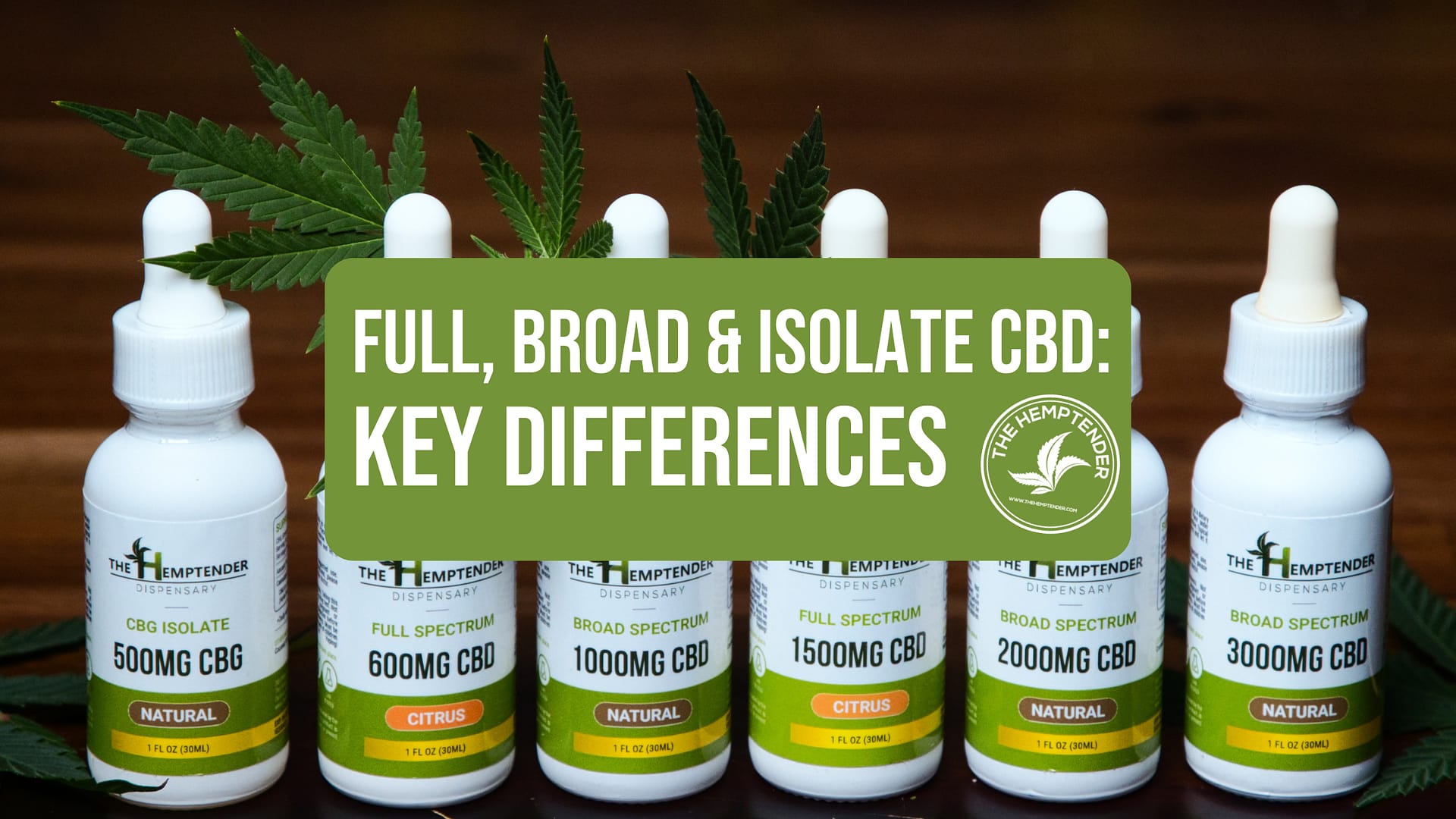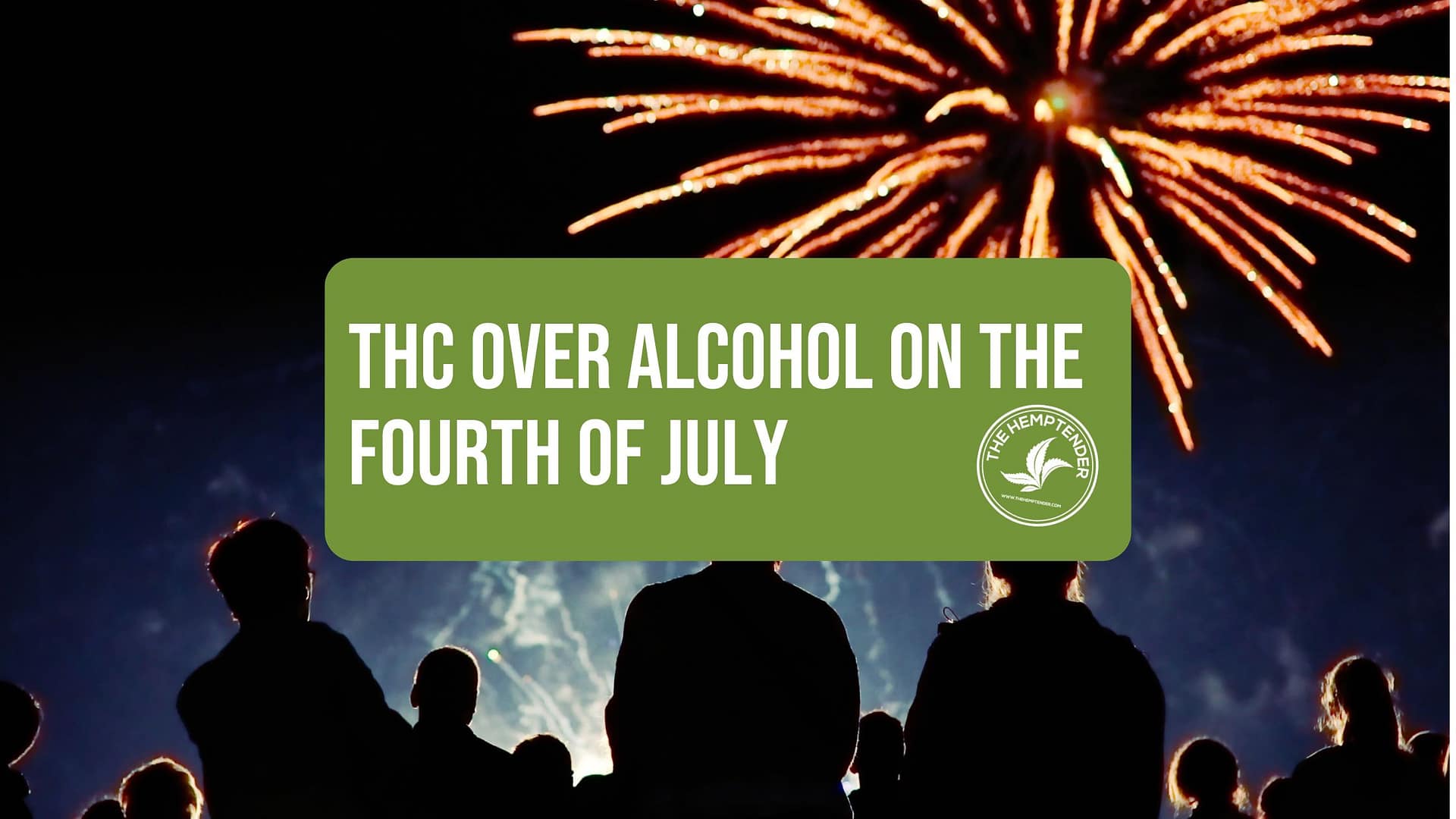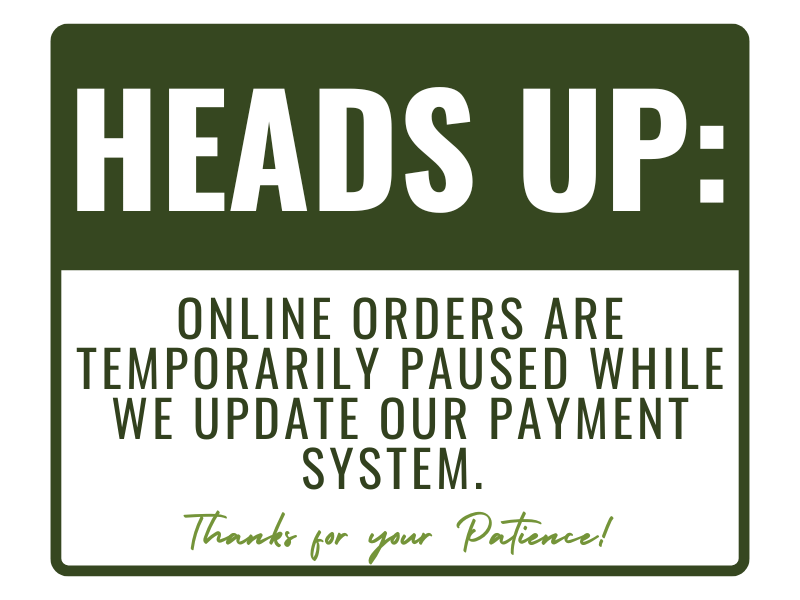CBD: Understanding the Difference Between Full-Spectrum, Broad-Spectrum, and Isolates

In recent years, Cannabidiol (CBD) has become increasingly popular due to its potential benefits and the fact that it doesn’t cause you to feel high. As the demand for CBD products continues to rise, you might have noticed that not all CBD is created equally. If you’ve ever wondered what the difference between full-spectrum CBD, broad-spectrum CBD, and CBD isolate is, you’re in the right place. Read on to learn more about these different kinds of CBD extracts, along with their potential advantages and disadvantages.
What is CBD?
CBD, short for cannabidiol, is a naturally occurring compound in the hemp plant. It belongs to a class of compounds known as cannabinoids. Unlike its counterpart THC (tetrahydrocannabinol), CBD is non-intoxicating, meaning it does not cause the “high” effects commonly associated with cannabis.
CBD has gained significant attention for its potential therapeutic properties and is used in various forms, such as oils, tinctures, capsules, topicals, and edibles. It interacts with the body’s endocannabinoid system, which plays a role in regulating various physiological processes, including pain sensation, mood, sleep, appetite, and immune function. CBD is believed to have potential therapeutic benefits for things like inflammation and pain, sleep, appetite, and anxiety.
What is full-spectrum CBD?
In short, full-spectrum CBD is a CBD extract that contains the entire essence of the hemp plant, including terpenes, other cannabinoids, flavonoids, and other natural compounds. Also known as whole-plant CBD, it encompasses not only CBD but also all other cannabinoids, terpenes, and flavonoids present in the hemp plant. The extraction method used to make a full-spectrum extract aims to maintain the plant’s natural composition, resulting in a diverse array of compounds, including THC, that may support the entourage effect and make your CBD work harder.
However, it is essential to note that in hemp-derived CBD products, the THC concentration typically remains below the legal limit of 0.3%. That said, it’s not usually enough to cause you to feel high.
Full-spectrum CBD pros and cons
- Full-spectrum CBD may support the entourage effect by containing a wide range of cannabinoids, terpenes, and flavonoids.
- These compounds synergistically work together, potentially enhancing the therapeutic potential of CBD and offering various wellness benefits compared to CBD on its own.
- Full-spectrum CBD may be more effective for specific concerns that might benefit from the combined effects of multiple hemp plant compounds.
- Although the THC concentration in full-spectrum CBD is typically below the legal limit of 0.3%, it may still be a concern for individuals who wish to avoid THC entirely due to personal preferences or potential drug testing.
- Full-spectrum CBD products may have a distinct flavor and aroma due to the presence of various cannabinoids, terpenes, and flavonoids.
- Some individuals may find the taste and smell of full-spectrum CBD products to be strong or undesirable.
What is Broad-Spectrum CBD?
Broad-spectrum CBD is another CBD extract that contains the majority of the compounds found in the hemp plant or full-spectrum CBD. However, it goes through one extra step to remove THC from the final product. That said, it still contains CBD and other cannabinoids, terpenes, and flavonoids present in hemp, so it might still support the entourage effect.
It’s essential to keep in mind that even though broad-spectrum CBD may be labeled to remove THC from the mix entirely, it can still be present in trace amounts. Always check the certificate of analysis for any CBD product you intend to use, especially if you’re sensitive to THC or can’t have it in your system for drug testing.
Pros and cons of broad-spectrum CBD
- Broad-spectrum CBD may also support the entourage effect and make CBD work harder.
- Broad-spectrum CBD may offer more wellness benefits than CBD isolate.
- Although broad-spectrum CBD goes through extra refinement to remove THC, traces of it may still be in the final oil. You should always check COA results before taking CBD products, as broad-spectrum CBD may still cause you to fail a drug test.
- Broad-spectrum CBD products, like full-spectrum CBD, might taste unpleasant due to the presence of various cannabinoids, terpenes, and flavonoids.
What is CBD Isolate?
CBD isolate represents the utmost refinement of CBD currently accessible in the market. Through meticulous extraction from the hemp plant, CBD is separated from all accompanying compounds, including other cannabinoids, terpenes, and flavonoids. This painstaking process includes lots of filtration and purification, which leaves behind nothing but CBD on its own in a crystalline powder. Notably, CBD isolate showcases the highest level of concentration, typically surpassing 99% CBD content in its purest form.
Just remember, not all CBD brands are made equally. Always check the COA to ensure potency and purity and rule out any other cannabinoids, including THC.
CBD isolate pros and cons
- CBD isolate is THC-free, lacking any traces of the psychoactive compound responsible for the “high” associated with cannabis. This makes it a suitable option for individuals seeking to avoid THC entirely, including those concerned about drug testing or sensitive to THC. Just be sure to check the COA to rule out any potential complications from less-than-trustworthy CBD brands.
- CBD isolate offers precise dosage control due to its consistent CBD concentration. You can quickly determine and regulate the exact amount of CBD you consume, which is excellent for those requiring specific dosages for your wellness needs.
- CBD isolate is flavorless and odorless, making it highly versatile for various applications, including foods and beverages.
- CBD isolate does not contain other cannabinoids, terpenes, and flavonoids, which may limit its potential to provide the same range of benefits as full-spectrum CBD since it can’t support an entourage effect.
What is the Entourage Effect?
The entourage effect refers to the theoretical synergistic interaction of various compounds, such as cannabinoids, terpenes, and flavonoids, that are found in the hemp plant. When these compounds are present together, they may work collectively to enhance the overall therapeutic effects and potential benefits of the plant.
Concerning CBD products, the entourage effect suggests that using full-spectrum CBD, which contains a wide range of cannabinoids, terpenes, and flavonoids, may provide more comprehensive and potent effects compared to isolated CBD compounds, such as CBD isolate. These additional compounds might work together to amplify the therapeutic properties of CBD, resulting in a more holistic and beneficial impact on the body.
For example, terpenes, the aromatic compounds found in hemp and other plants, have been found to contribute to the potential effects of CBD. They might have their own therapeutic properties and may also influence how CBD interacts with the body’s receptors.
While the entourage effect has been widely discussed and studied, more research is needed to fully understand the specific mechanisms and benefits associated with this phenomenon.
Full-spectrum, broad-spectrum, or isolate: what should you choose?
At the end of the day, the choice between full, broad, and isolated CBD comes down to your personal preferences. If you’re looking for a more whole-body approach to CBD, you might prefer full-spectrum CBD since evidence suggests that CBD and THC share a special entourage effect with each other that may boost their effectiveness.
However, if you’re sensitive to THC, you might want to choose broad-spectrum CBD. While not every broad-spectrum product will be completely THC-free, it will still support the theoretical entourage effect between CBD, terpenes, and other minor cannabinoids. Keep in mind that if you get drug tested, you should avoid both full and broad-spectrum CBD, since they may contain THC that will show up on a drug test. Always choose CBD products from reputable brands that showcase their COA results on their website, like The Hemptender.
Finally, if you can’t have any THC in your system whatsoever and prefer more control over your CBD serving size or want to infuse CBD into your own products, you might like CBD isolate. CBD isolate is the purest form of CBD available and is free of all other plant compounds and cannabinoids, so it won’t be able to support an entourage effect. However, it might still help with the therapeutic effects of CBD.




